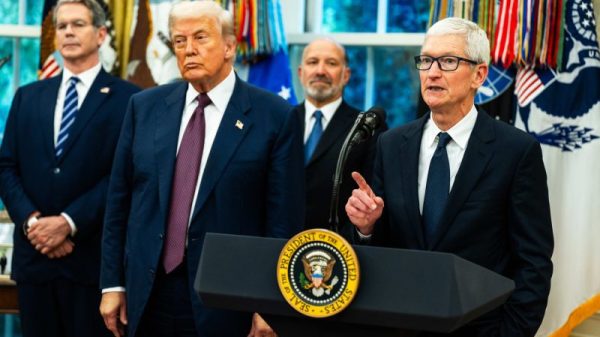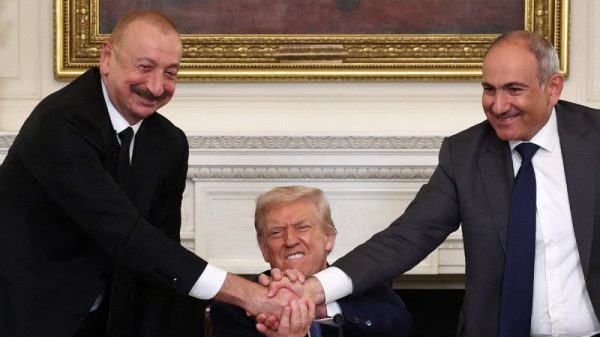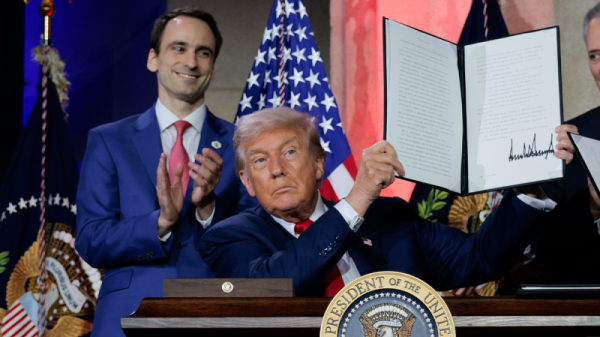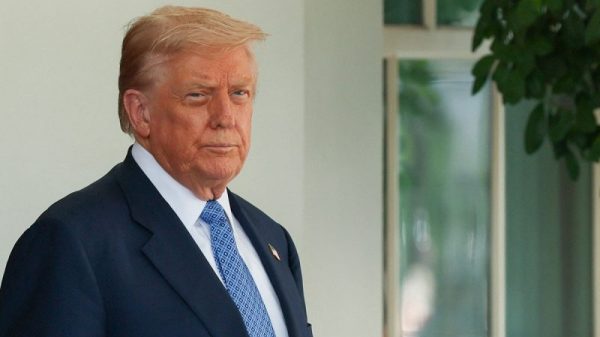The recent announcement made by President Joe Biden about a ceasefire agreement between Israel and Hezbollah marks a pivotal moment in the ongoing conflict in the Middle East. After 14 months of intense fighting and devastation, the declaration offers a glimmer of hope for the affected populations on both sides. The cease-fire plan put forth by the administration aims to bring an end to the violence that has plagued the region and caused immeasurable suffering to civilians.
One of the key aspects of the ceasefire agreement is the commitment from both Israel and Hezbollah to halt all military operations and hostilities. This crucial step is instrumental in creating a conducive environment for dialogue and negotiations to address the root causes of the conflict. By ceasing fire, both parties have an opportunity to engage in peaceful discussions and find lasting solutions that will ensure the stability and security of the region.
Furthermore, the involvement of the United States in brokering the ceasefire presents a promising development in the diplomatic efforts to resolve the conflict. President Biden’s administration has demonstrated a willingness to engage with all parties involved and facilitate constructive dialogue towards a peaceful resolution. This proactive approach signifies a significant departure from the previous administration’s policies, which often exacerbated tensions in the region.
The ceasefire plan also underscores the importance of international cooperation and support in resolving complex conflicts such as the one between Israel and Hezbollah. The involvement of key international stakeholders and organizations can provide invaluable assistance in overseeing the implementation of the agreement and ensuring compliance from all parties. By fostering a collaborative approach, the international community can play a pivotal role in building trust, promoting reconciliation, and maintaining peace in the region.
Moreover, the announcement of the ceasefire agreement presents an opportunity for humanitarian aid to reach the affected populations in Israel and Lebanon. The prolonged conflict has resulted in widespread displacement, destruction of infrastructure, and loss of lives. The cessation of hostilities creates a much-needed window for humanitarian organizations to deliver essential assistance, such as food, medical supplies, and shelter, to those in need.
In conclusion, the ceasefire plan announced by President Biden between Israel and Hezbollah represents a significant step towards ending the 14 months of fighting and initiating a path towards lasting peace in the region. By committing to a cessation of hostilities, engaging in diplomatic dialogue, and garnering international support, both parties have a chance to address the root causes of the conflict and work towards a sustainable resolution. The ceasefire agreement not only offers hope for the affected populations but also underscores the power of diplomacy and cooperation in resolving longstanding conflicts.


































